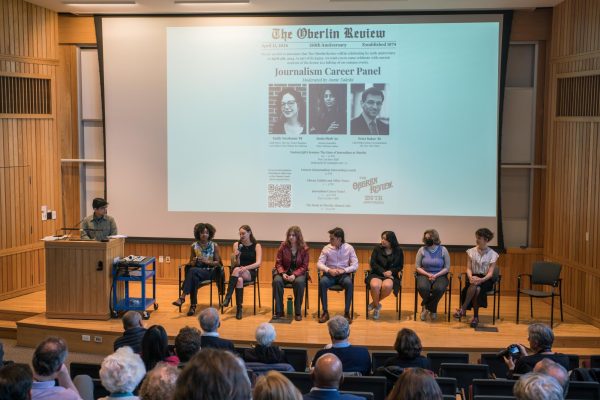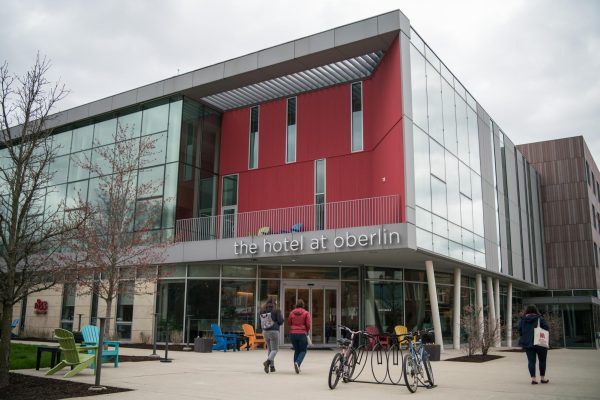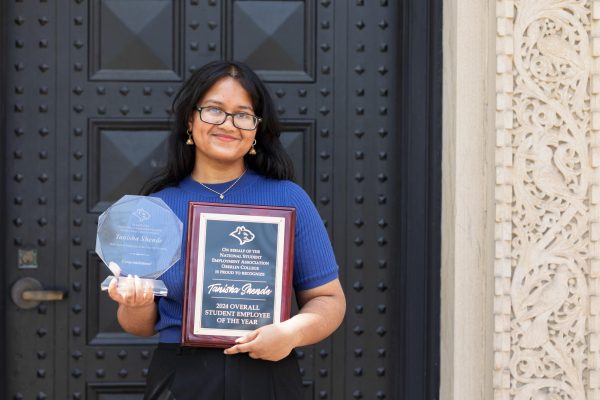Student’s Cardiac Event Raises Awareness
The Oberlin community demonstrated its knowledge, composure, and compassion when quickly responding to Conservatory sophomore Olivia Bentley who she unexpectedly went into cardiac arrest in Keep Cottage on Nov. 12.
Since then, Bentley has been diagnosed with catecholaminergic polymorphic ventricular tachycardia, a form of arrhythmia. It is an inherited condition, and Bentley and her family members have now undergone genetic testing to see who else may have CPVT. Prior to this, Bentley did not suspect that she had such a condition.
“I have fainted two times before this,” she said. “But with this condition, it just looks like a seizure. Even this time it was described as seizure-like symptoms.”
Bentley recounts how quickly those around her reacted when she collapsed. She was in the hall of Keep Cottage and a fire alarm was going off at the time she suffered her cardiac event.
“Someone down the hall called 9-1-1, and campus security was already on the way.” she said.”After, I was taken to Mercy Allen Hospital and was put into a hypodermic state to preserve my brain function, and was lifted to Mercy-Health-Lorain Hospital.”
Gilbert Palmer, Chief Medical Officer and Medical Director at Mercy Health, emphasized the importance of seeking medical evaluation and being aware of potential medical conditions.
“Any young person who has passed out previously, they need a cardiac evaluation,” Palmer said. He also noted that many people may not realize how prevalent heart conditions like CPTV are. Palmer sees young people experiencing cardiac events about once a week.
In addition to awareness, access to machinery like automated external defibrillators can be critical in saving lives.
Campus Safety officers who responded to the situation had an AED — a device that delivers electric shocks that can help restore a normal heart rhythm — as well as the training to use it.
“That is one of the things that allowed her to regain some stability, and a pulse back,” said Jonathon Fauvie, Mercy Health public relations manager. “They are pretty user-friendly, and in the heat of the moment, when someone needs help, using an AED can save people.”
Palmer noted how many people came together to help Bentley.
“There was a huge community of people responding: Olivia’s roommates, the [Campus Safety] officers, and all of us here,” he said.
Fauvie echoed Palmer’s sentiments regarding the community rallying around Bentley and added that Bentley is able to continue her studies because everyone did their part.
“Olivia’s story is the perfect example of how the system works,” he said. “There was accessibility to AEDs, knowledgeable responders, and a full-fledged hospital close nearby.”
Bentley also reflected on how the Oberlin community has cared for her, even after her cardiac event.
“Everyone left me cute little notes on my door, and some people visited me in the hospital. Everyone really came together.”
Bentley hopes that her story will help raise awareness on campus and in the broader community.




